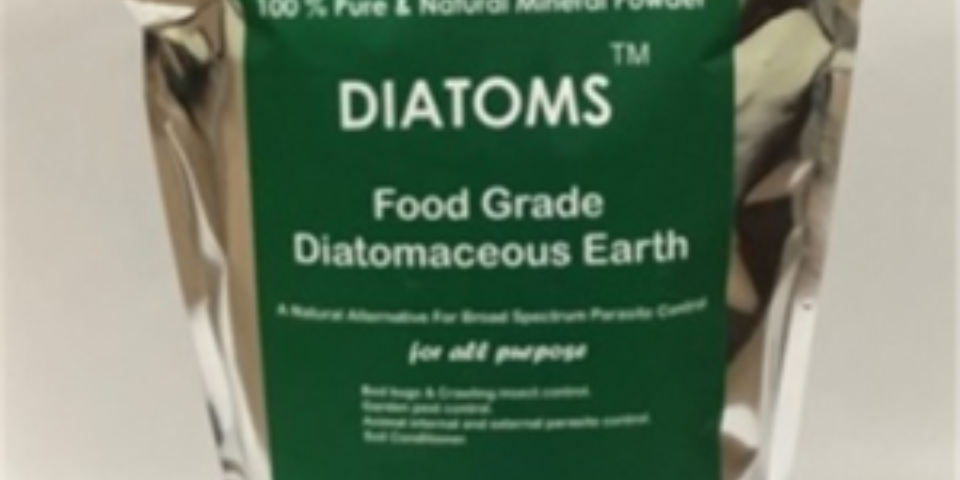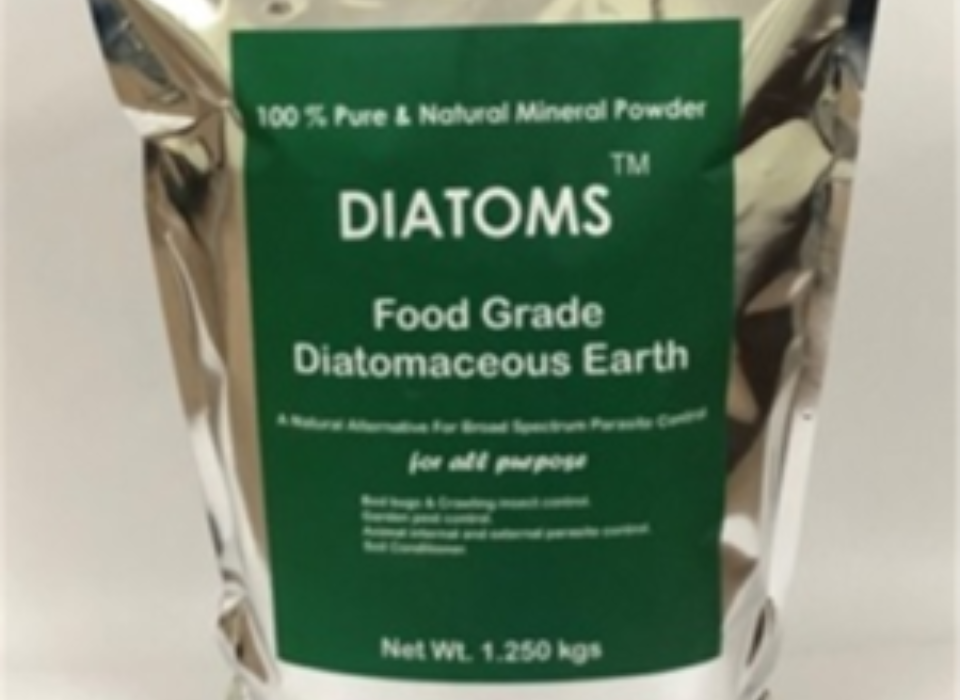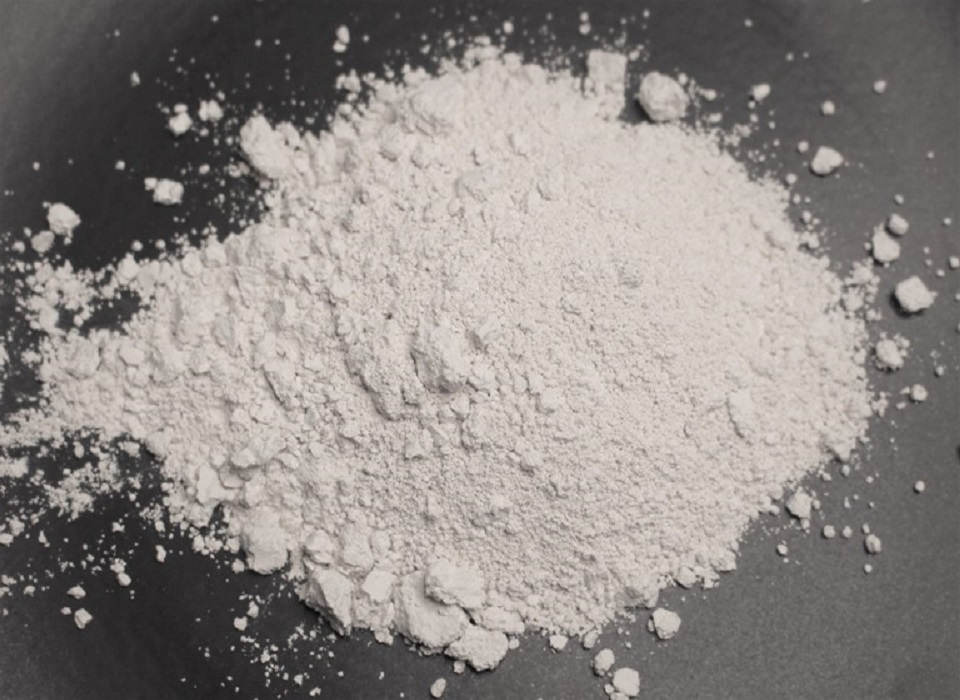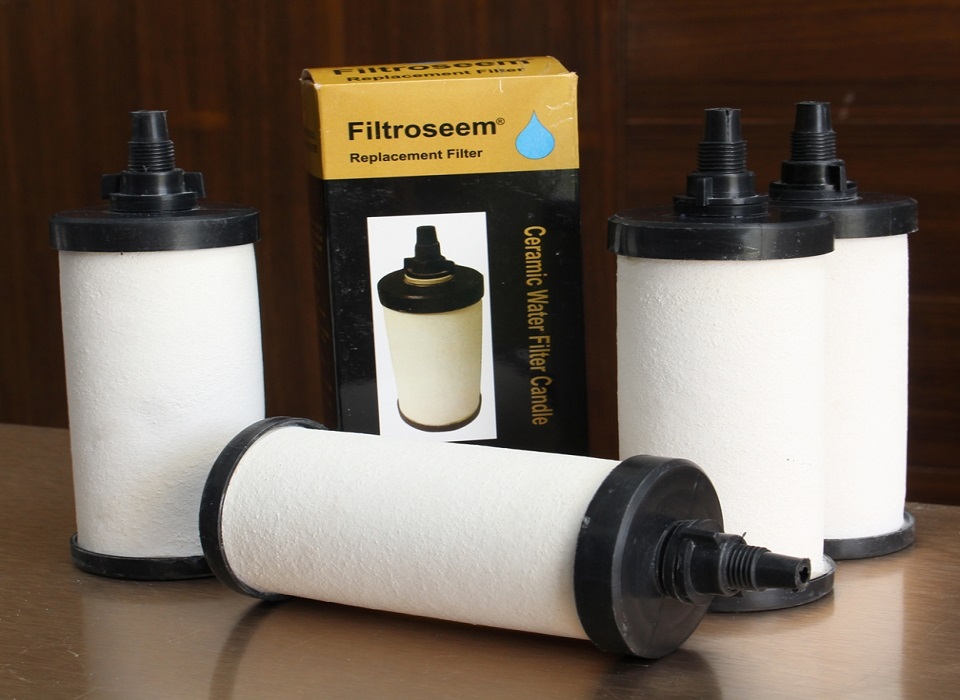Can Food Grade DE Be Used in Organic Farming?

Reasons Why DE is a Must-Have Household Item?
April 1, 2024
7 Major Functions of Water Filter Candles
April 15, 2024How can food-grade DE Be Used in Organic Farming?
Natural Pest Control: Diatomaceous earth (DE) is a naturally mined sedimentary rock made up of the fossilised remains of tiny aquatic organisms called diatoms. Ground into fine powder, it works as an abrasive material, which inflicts damage to the insects’ exoskeletons, and they consequently suffer from desiccation and die. This method of action makes it very efficient against many pests and completely non-toxic to both humans and animals.
Non-Toxic: Diatomaceous earth that meets food-grade standards is considered to be safe for use in areas populated by both humans and animals since it doesn’t contain harmful chemical additives. It is made of silica, the substance that is naturally present in quite a lot of materials. The fact that it is not toxic makes it an option for organic farmers who care about the environment and human health.
Listed by Organic Certifiers: Several organic certification bodies, such as the USDA National Organic Program (NOP) in the US, approve certain types of diatomaceous earth for use in organic farming. This acknowledgement means that DE meets the high standards prescribed for organic farming and is by organic farming rules.
OMRI Listed: OMRI, Organic Materials Review Institute, reviews products by organic standards. DE products that are OMRI-listed have been tested extensively and are considered acceptable for use in organic farming. This description gives comfort to organic growers that the product complies with their organic ideals.
Mechanical Mode of Action: Diatomaceous earth works mechanically rather than chemical pesticides that depend on toxic compounds to kill pests. It mechanically destroys the protective exoskeleton of insects and thereby kills them. The loss of the cumulative effect of this mode of action eliminates the resistance development possibility, and so it is a sustainable approach to pest control.
Broad-Spectrum Control: Diatomaceous earth works well on many crawling pests, such as ants, cockroaches, bed bugs, and beetles. Its flexibility in dealing with different pests makes it the most useful instrument for organic farmers who are confronted with multiple pest dilemmas in their crops or facilities.
Long-Lasting: If used properly and dry, diatomaceous earth can be effective for long-term pest control. Unlike some chemical pesticides that break down rapidly, DE maintains its efficiency for as long as it stays put. Such duration makes reapplication rare and therefore higher labour and material costs are saved for organic farmers.
Improves Soil Health: As a soil amendment, the diatomaceous earth contributes to soil health by improving structure, drainage, and nutrient retention. In organic farming systems, its high silica content and trace mineral composition can be beneficial to plant growth and microbial activity, which results in more productive and healthier soils.
Safe for Beneficial Insects: Only insects with exoskeletons are affected by diatomaceous earth, leaving pollinators and other natural predators untouched. This enables the organic farmers to control the pest populations without disturbing the intricate ecological balance that exists in their farming environments allowing them to promote biodiversity and ecological resilience.
Versatile Application Methods: Food-grade diatomaceous earth is applicable through different applications such as dust, spray, or mixed with water for foliar application. This flexibility enables organic farmers to adjust their pest control measures to suit different crops, pests and environmental conditions very well.





